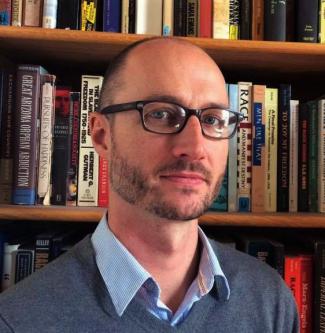My research and teaching focuses on 19th century U.S. history with an emphasis on the relationship between, race, imperialism, and nationhood. I have taught courses on U.S. Social Movements, the United States in the World, Colonialism/Post-Colonialism, Immigration and Ethnicity, the American Revolution, U.S. Colonial History.
My book The World Colonization Made: The Racial Geography of Early American Empire chronicles the rise and fall of the colonization movement as a political force within the United States—from its roots in the crises of the Revolutionary Era, to its peak with the creation of the ACS, to its ultimate decline with emancipation and the Civil War. According to accepted historical wisdom, the goal of the African Colonization Society (ACS), founded in 1816 to return freed slaves to Africa, was borne of desperation and illustrated just how intractable the problems of race and slavery had become in the nineteenth-century United States. I argue that the ACS was part of a much wider pattern of national and international expansion. Similar efforts on the part of the young nation to create, in Thomas Jefferson’s words, an “empire of liberty,” spanned Native removal, the annexation of Texas and California, filibustering campaigns in Latin America, and American missionary efforts in Hawaii, as well as the founding of Liberia in 1821. I contend that these diverse currents of U.S. expansionism were ideologically linked and together comprised a capacious colonization movement that both reflected and shaped a wide range of debates over race, settlement, citizenship, and empire in the early republic. By contextualizing the colonization movement in this way, The World Colonization Made shows how it enabled Americans to envision a world of self-governing republics that harmonized with the racialized political institutions at home.

